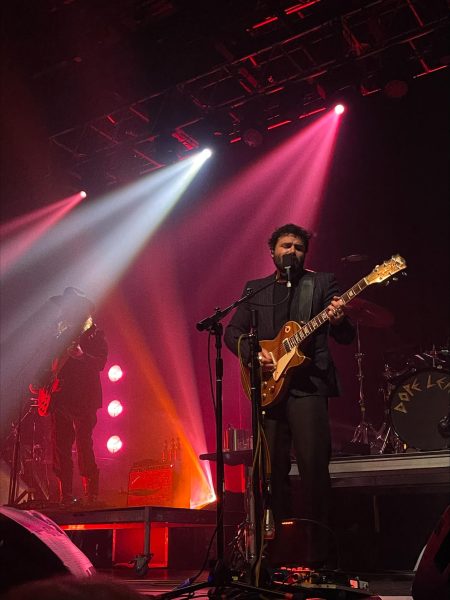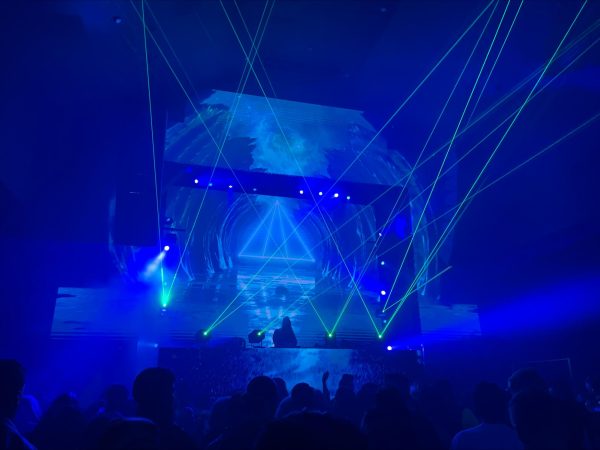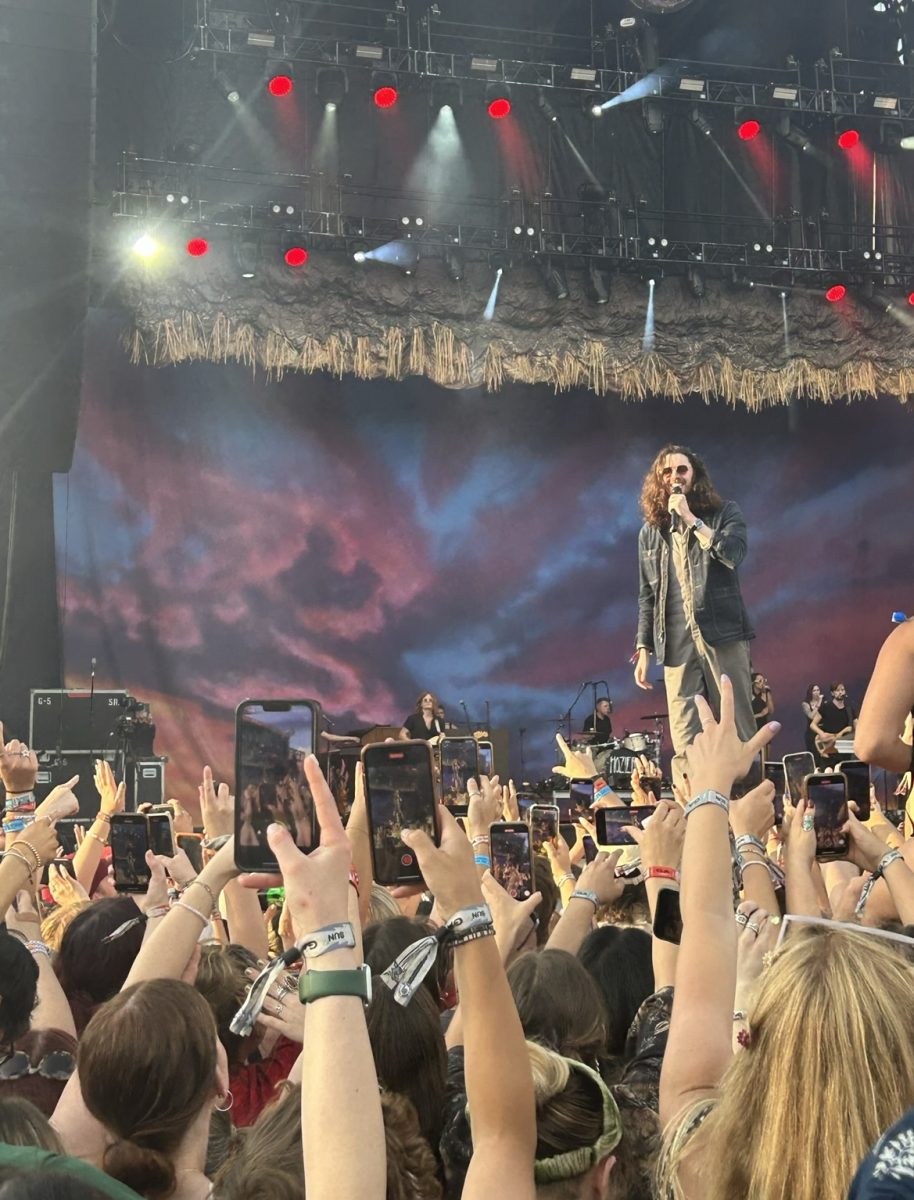“One good thing about music, when it hits you, you feel no pain,” said Bob Marley, the man considered to be the pioneer of reggae music.
The quote heavily resonates with me, and I am sure many others who have been lucky enough to experience the unique magic of live music. The countless benefits of attending concerts, festivals or even local performances extend far beyond mere entertainment.
For many, attending concerts provides a sense of accomplishment and pure joy. The electrifying atmosphere, rhythms and the unity of a crowd immersed in music create an unparalleled experience. Concerts also serve as hubs for new friendships and connecting with like-minded individuals.
 Something that I find perfectly encapsulating when it comes to festivals and concerts is sociologist Émile Durkheim’s concept of “collective effervescence.” This concept perfectly expresses the communal energy experienced at concerts. The shared emotions and purpose create a unique sense of togetherness.
Something that I find perfectly encapsulating when it comes to festivals and concerts is sociologist Émile Durkheim’s concept of “collective effervescence.” This concept perfectly expresses the communal energy experienced at concerts. The shared emotions and purpose create a unique sense of togetherness.
Live music possesses a remarkable ability to uplift our feelings, creating an atmosphere of joy and happiness. Beyond the sonic pleasures, attending concerts offers stress relief and relaxation. The melodic tunes and beats serve as a therapeutic escape, allowing concertgoers to unwind and rejuvenate.
Scientific studies reveal that concerts reduce the release of cortisol, the stress hormone, while triggering the release of endorphins and oxytocin. Researchers studying the 2015 Cheltenham Music Festival in England found that participants had reduced blood pressure and heart rate after attending the festival.
In an article published by the National Library of Medicine, these researchers explain that live music experiences can act as a natural pain reducer by triggering the release of endorphins, which help to intercept pain signals before they reach the brain.
Engaging with live music also presents a cognitive challenge, requiring the brain to process and comprehend unfamiliar sounds — a workout for the mind. This mental stimulation contributes to enhanced creativity, memory, alertness and clarity.
Live music, as evidenced by MRI scans, activates more brain regions than language alone. For this reason, many professionals prescribe musical therapy to treat depression and improve fine motor control skills in patients with Parkinson’s disease.
Individuals who regularly partake in live music not only elevate their creativity and cognitive functions but also witness a reduction in stress hormone levels. Simultaneously, there is an increase in the production of endorphins, dopamine and oxytocin, fostering a sense of well-being and happiness.
 Notably, research conducted by Goldsmith University associate lecturer Patrick Fagan suggests that those who regularly attend live music events may even enjoy a longer life — up to nine years longer. Additionally, music allows for a profound connection with one’s emotions. Attending concerts provides an avenue for enhanced emotional expression, transcending verbal communication.
Notably, research conducted by Goldsmith University associate lecturer Patrick Fagan suggests that those who regularly attend live music events may even enjoy a longer life — up to nine years longer. Additionally, music allows for a profound connection with one’s emotions. Attending concerts provides an avenue for enhanced emotional expression, transcending verbal communication.
The cumulative effects of regularly experiencing live music are profound. Attendees not only boost their creativity and cognitive abilities but also reduce stress hormone levels. Social connections formed at concerts contribute to “collective effervescence,” and studies suggest potential longevity benefits.
The decision to attend a concert or festival extends beyond a simple leisure activity. It is an investment in joy, connection and well-being. The transformative power of live music awaits those who embrace the experience, offering a journey that enriches the mind, soothes the soul and creates memories that resonate for a lifetime.


